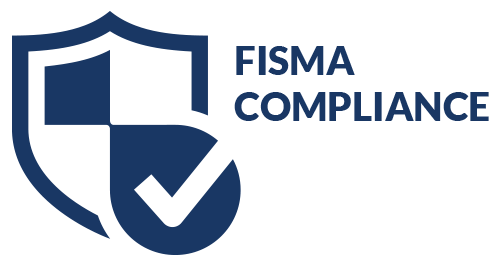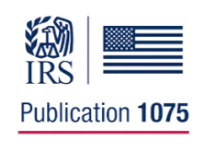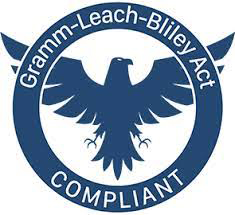Debt collection is one of the most heavily regulated activities you will ever undertake.
The debt collection industry is one of the most heavily regulated in the United States. That is precisely why it’s risky to undertake debt collections on your own; there are rules for when and how past due clients can be contacted, what mediums you can use to reach out, what you can say, and how often you can say it.
There are federal rules and industry-specific rules, rules for how data is collected and stored, and even rules for what you should do if a consumer or past due client asks you to stop contacting them. These rules can shift quickly, but failing to stay compliant can promptly get a business into hot water.
We’ve compiled half a dozen rules currently governing the debt collection industry. These rules also apply and those businesses seeking a more DIY approach.
Following the Rules for Debt Collection
First, let’s start with the rules under the Fair Debt Collection Practices Act (FDCPA), the federal law that protects consumers from overzealous debt collection agents.
- The FDCPA usually does not cover a business debt. If your business is trying to collect a past due mortgage, credit card, medical bill, or personal or household-type debts, your debt collection practices are covered by FDCPA.
- The FDCPA regulates time and place of debt collection. For example, your debt collection efforts cannot occur before 8:00 a.m. or after 9:00 p.m. If you attempt debt collection in the workplace and the consumer or client asks you to stop, you may not continue your efforts.
- If you’ve been informed that an attorney is representing the client, debt collection must go through them and not the customer.
- If the past due client writes to tell you to stop contacting them, you cannot contact them. The exception is that you may tell them there will be no further contact or inform them that other legal action will be taken. It doesn’t mean you can’t pursue other avenues of debt collection, just that you cannot contact them to collect the debt.
- A debt collection agent is required to tell you certain things about the debt, specifically who the money is owed to, how much, and how the client can dispute the debt. If this information isn’t provided on initial contact, you have five days to send these details in writing.
- If the past due account holder disputes the past due debt within 30-days of receipt of the initial communication, you must stop all collection activityuntil you have verified the past due debt.
There are also rules under the Fair Credit Reporting Act governing how debt collection and past due balances can be documented in credit reports. There are even state laws governing fair practices by anyone conducting debt collection. Keeping compliant with all of these rules is a full-time job. That’s exactly why businesses turn to TSI. Our track record of compliance with all debt collection laws, along with decades of experience in most industries make us the top company in the nation to partner with companies seeking a better bottom line.
The TSI data-driven approach is designed to boost debt recovery while enhancing the relationship with your valuable customers. Learn more…












